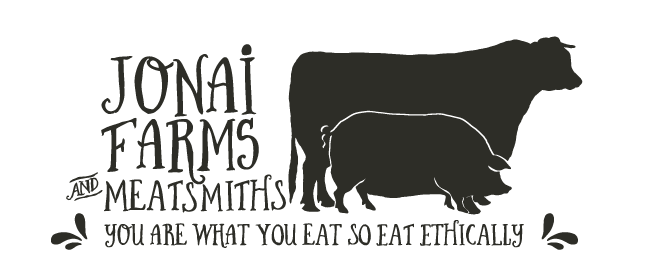With the announcement from Kilcoy (the multinational corporation who purchased Hardwicks abattoir in 2021) that they will no longer take lots of less than 15 cattle or 50 sheep, the urgency of our micro-abattoir project just cranked up. While the Australian Food Sovereignty Alliance (AFSA) is working hard to help farmers secure an extension at least to the middle of next year, and working closely with the government to find ways to make micro-abattoirs easier to develop, it is a very uncertain time for Victorian small-scale livestock farmers.
We have revisited our budget and realise we still need at least another $25k to complete the project. This is because we wasted $25k on consultants who gave us no benefit, and expensive reports required for the permit that could have been avoided if micro-abattoirs were considered ‘rural industry’ - a Section 1 use in the Farming Zone (and Rural Activity, Green Wedge and Green Wedge A Zones) - so no permit required.
In regards to the consultants, we have long eschewed the need for that form of value extraction from our operations, but fell prey to our own lack of confidence that we could design the facility ourselves (in spite of having toured dozens and worked in a few). The fact is, the designer we engaged could not grasp the ‘micro’ nature of the project, and $13,000 later we parted ways with a million dollar useless design. We continued our research, visited and worked in more abattoirs, and designed the facility that Stuart is now about half way through building. (If there are any local boilermakers out there keen to lend a hand for a few days soon, he could use it as he erects the steel frame for the salle de mort and fabricates the rails!)
Our avoidance of consultants is longstanding and underscored by the principles of agroecology, which promote autonomy rather than dependence, and horizontal knowledge sharing built on use value, not just market exchange value of perceived ‘expertise’. Just imagine how much taxpayer money would be available to fund public education and hospitals, dentistry (!), and a Universal Basic Income (UBI) if the government didn’t throw it all at bloated consultancies who cut and paste advice from one expensive report to another to gather dust on yet another public servant’s shelves. Readers may recall the controversies with PWC at the federal level, and the 1200% increase in consulting services in government in the last 10 years, all money which could have directly supported community needs instead.
This is not to suggest that people should not be paid for knowledge hard earned, but how many consultants emerge from their own failed projects or aborted careers in industries they then purport to advise? I think it is worth drawing the distinction too between practitioners and consultants when it comes to a project like a micro-abattoir - you do not need a plumbing consultant - what you need, in fact, is a plumber. Outsourcing expertise to those who have earned their title is different to getting it from those who never held the title.
So back to raising money for the micro-abattoir at Jonai… we will be adding more rewards to our fundraising offer soon, including an option to pre-purchase a limited number of slaughter spots at a slightly higher fee than we anticipate charging on completion to aid with hastening construction.
For $2500, we are also offering a day at the farm for communities working on your own micro-abattoir projects, to walk through the facility, discuss construction, costs, regulations and planning, and hand over all of our paperwork to date (and future paperwork e.g. the abattoir HAACP Food Safety Plan on completion). Legendary Jonai lunch with a side of food politics as always, group size ideally limited to 12 but we are open to negotiation. Contact Tammi to book a date (0422 429 362).
